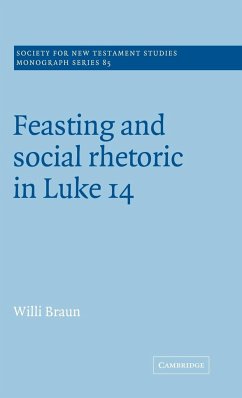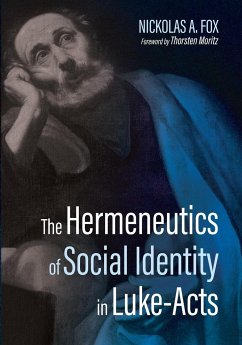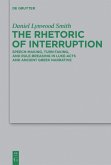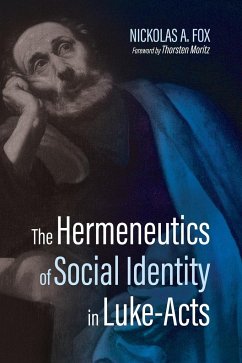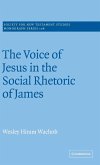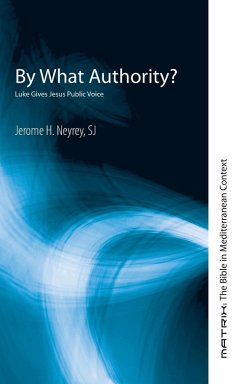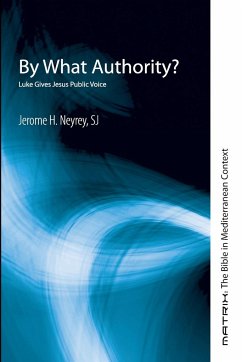The writer of the Gospel of Luke is a Hellenistic writer who uses conventional modes of narration, characterization and argumentation to present Jesus in the manner of the familiar figure of the dinner sage. In this original and thought-provoking study, Willi Braun draws both on social and literary evidence regarding the Greco-Roman elite banquet scene and on ancient prescribed methods of rhetorical composition to argue that the Pharisaic dinner episode in Luke 14 is a skillfully crafted rhetorical unit in which Jesus presents an argument for Luke's vision of a Christian society. His contention that the point of the episode is directed primarily at the wealthy urban elite, who stand in most need of a transformation of character and values to fit them for membership of this society, points up the way in which gospel writers manipulated the inherited Jesus traditions for the purposes of ideological and social formation of Christian communities.
Hinweis: Dieser Artikel kann nur an eine deutsche Lieferadresse ausgeliefert werden.
Hinweis: Dieser Artikel kann nur an eine deutsche Lieferadresse ausgeliefert werden.

